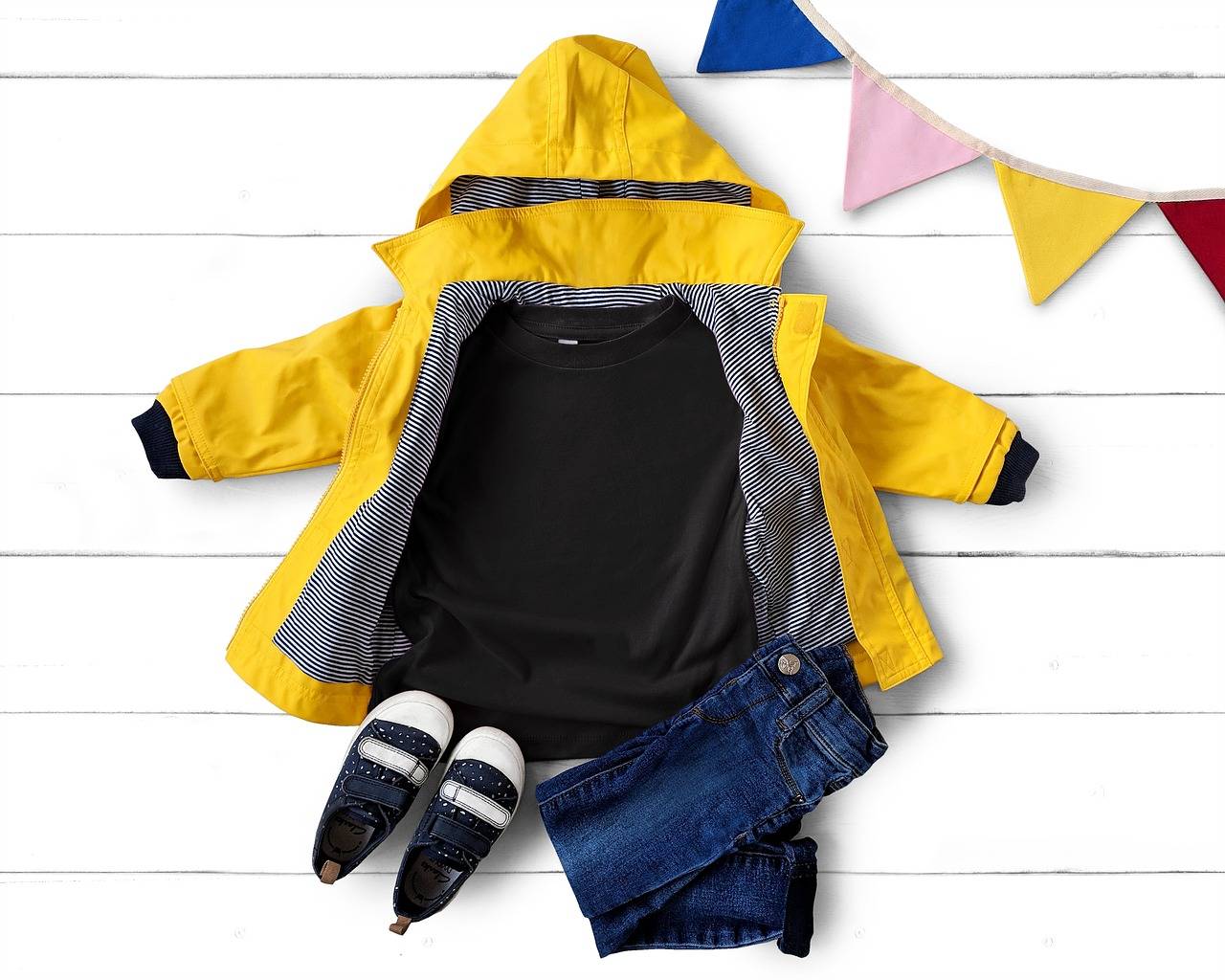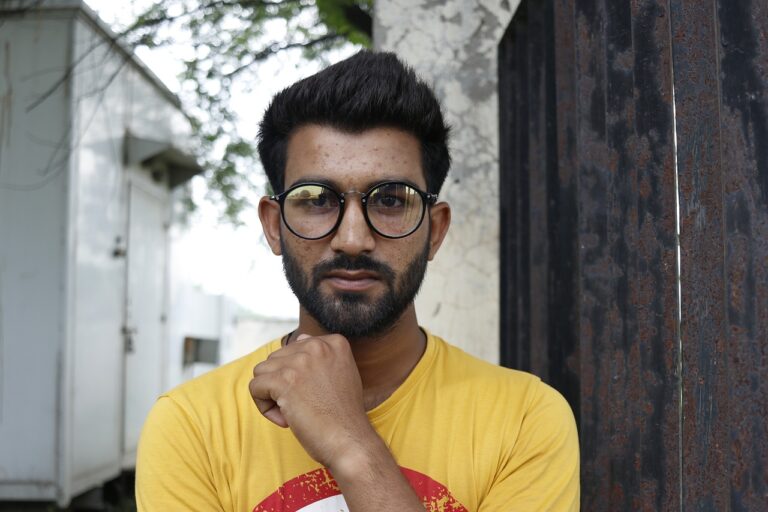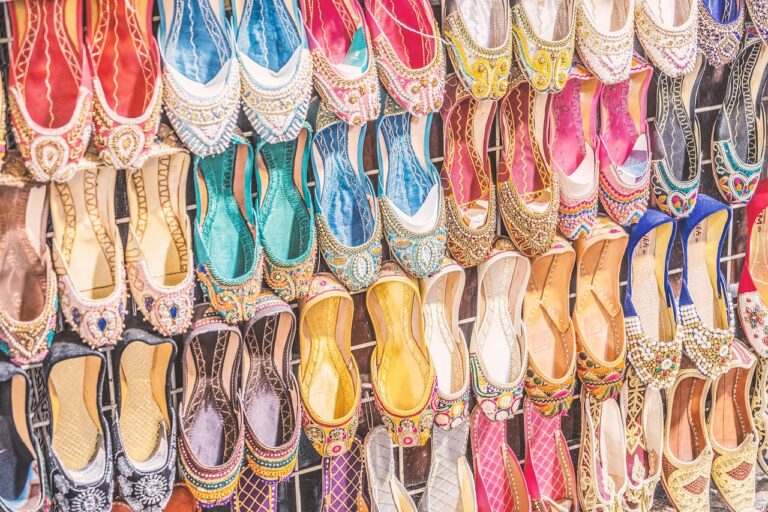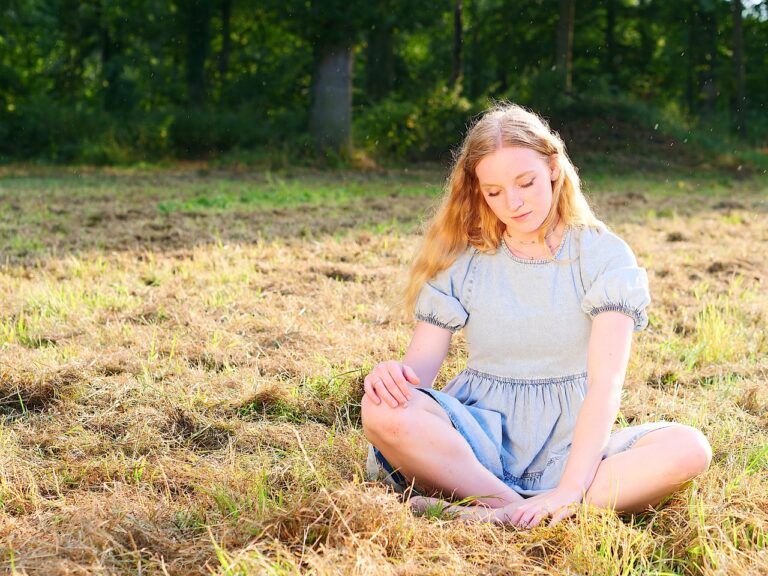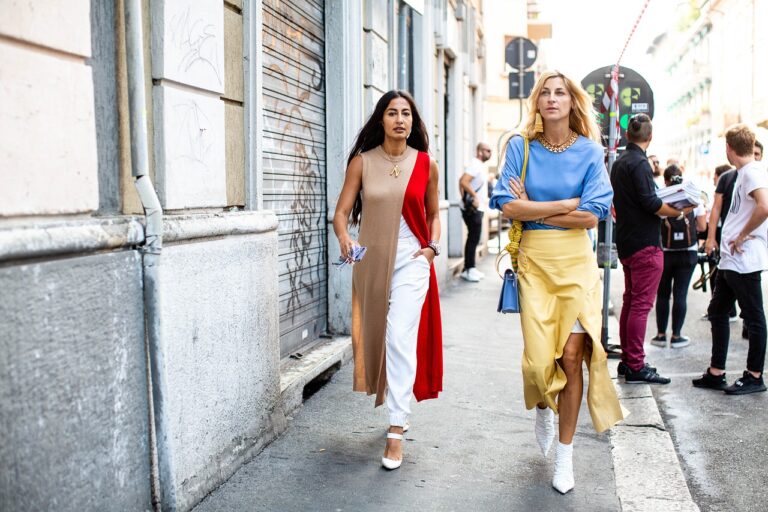The Role of Fashion Forecasters in Boutique Fashion Trend Prediction: Lotus365 book, Playexch 99, All panel .com
lotus365 book, playexch 99, all panel .com: Fashion forecasters play a crucial role in predicting boutique fashion trends and shaping the direction of the industry. Their insights and predictions help boutique owners and designers stay ahead of the curve, create innovative designs, and cater to the ever-evolving tastes of consumers. In this article, we will explore the role of fashion forecasters in boutique fashion trend prediction and how their expertise influences the industry.
Understanding the Role of Fashion Forecasters
Fashion forecasters are professionals who use their knowledge of the industry, consumer behavior, and cultural trends to predict future fashion trends. They analyze a wide range of factors, including runway shows, street style, social media, pop culture, economic indicators, and more to identify emerging trends and forecast what will be popular in the upcoming seasons.
Forecasters work closely with designers, retailers, and brands to provide them with insights and recommendations on what styles, colors, fabrics, and silhouettes will be in demand. They help them make informed decisions on product development, marketing strategies, and assortment planning to maximize sales and stay competitive in the market.
Fashion forecasters play a crucial role in boutique fashion trend prediction by translating their insights into actionable recommendations for boutique owners and designers. They help them understand the current fashion landscape, anticipate future trends, and create collections that resonate with consumers. By leveraging their expertise, boutique owners can differentiate their offerings, attract new customers, and build a loyal following.
The Process of Trend Prediction
Forecasting fashion trends is a complex and multifaceted process that requires a deep understanding of the industry and a keen eye for detail. Fashion forecasters use a variety of tools and techniques to identify emerging trends and predict what will be popular in the future.
They start by researching and analyzing data from multiple sources, such as fashion magazines, trade shows, social media platforms, and celebrity endorsements. They study historical trends, cultural movements, and consumer behavior to identify patterns and insights that can help them forecast future trends.
Forecasters also attend fashion events, such as fashion weeks and industry seminars, to observe the latest collections and spot emerging trends. They take note of the colors, fabrics, prints, and silhouettes that are prevalent on the runways and analyze how these trends are being interpreted by designers and retailers.
Additionally, fashion forecasters conduct consumer surveys and focus groups to gather feedback on current fashion preferences and shopping habits. They use this data to identify emerging consumer trends and predict what styles will resonate with target audiences.
Once they have gathered and analyzed all this information, fashion forecasters create trend reports and mood boards that highlight the key trends for the upcoming seasons. These reports typically include insights on color palettes, fabrications, key silhouettes, and styling details that will influence the fashion industry.
Impact on Boutique Fashion Trend Prediction
The insights and recommendations provided by fashion forecasters play a vital role in shaping boutique fashion trend prediction. Boutique owners and designers rely on their expertise to help them understand the current fashion landscape, anticipate future trends, and develop collections that will appeal to their target market.
By leveraging the insights of fashion forecasters, boutique owners can stay ahead of the curve and offer their customers the latest styles and trends. They can create unique and innovative collections that set them apart from their competitors and attract fashion-forward consumers.
Fashion forecasters also help boutique owners make strategic decisions on product development, marketing strategies, and assortment planning. By providing them with actionable recommendations, forecasters empower boutique owners to make informed choices that drive sales and build brand loyalty.
Overall, the role of fashion forecasters in boutique fashion trend prediction is essential for the success of boutique owners and designers. By leveraging their expertise and insights, boutique owners can stay competitive in the market, attract new customers, and create collections that resonate with consumers.
FAQs
Q: How do fashion forecasters predict future trends?
A: Fashion forecasters predict future trends by analyzing a wide range of factors, including runway shows, street style, social media, pop culture, economic indicators, and more to identify emerging trends and forecast what will be popular in the upcoming seasons.
Q: Why is trend prediction important for boutique fashion?
A: Trend prediction is important for boutique fashion because it helps boutique owners and designers stay ahead of the curve, create innovative designs, and cater to the ever-evolving tastes of consumers. By predicting future trends, boutique owners can differentiate their offerings, attract new customers, and build a loyal following.
Q: How can boutique owners leverage the insights of fashion forecasters?
A: Boutique owners can leverage the insights of fashion forecasters by incorporating their recommendations into product development, marketing strategies, and assortment planning. By using the expertise of forecasters, boutique owners can make informed decisions that drive sales and build brand loyalty.
Q: What tools and techniques do fashion forecasters use to predict trends?
A: Fashion forecasters use a variety of tools and techniques to predict trends, including researching and analyzing data from fashion magazines, trade shows, social media platforms, attending fashion events, conducting consumer surveys and focus groups, and creating trend reports and mood boards.
Q: How can boutique owners differentiate their offerings in a crowded market?
A: Boutique owners can differentiate their offerings in a crowded market by staying ahead of the curve and offering their customers the latest styles and trends. By leveraging the insights of fashion forecasters, boutique owners can create unique and innovative collections that set them apart from their competitors and attract fashion-forward consumers.

